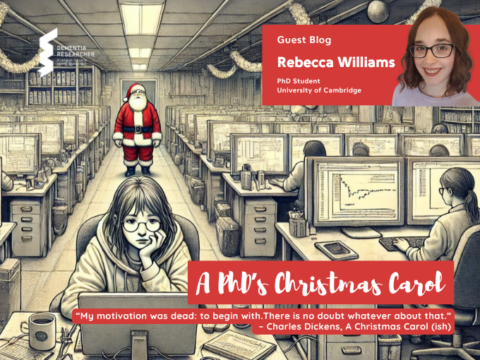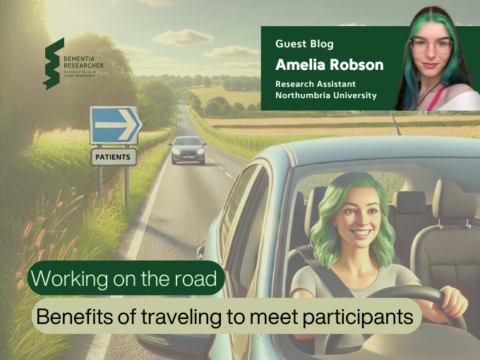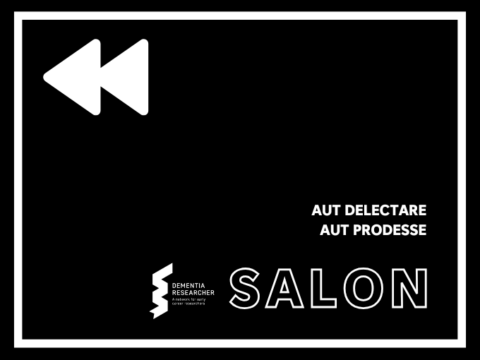 I am writing this blog following some reflections on the learning experiences of my second year of PhD to be presented at the imminent annual progress review. While organising certificates and writing contents to make my portfolio as relevant and updated as possible, I happened to think about Wart. Why Wart of all things? When I was little, I used to watch The Sword in the Stone cartoon for hours. To be specific, I used to keep at it until the video recorder would start smelling bad due to the magnetic tape going back and forth more times than it should have–how interesting were those (VHS) days! I would have never thought I ended up mentioning it while talking about my ongoing teaching experience. However, in the process of concluding the analysis of research and transferable skills and evaluating those that refer to the RDF domains, I could see myself in Wart. A brave, curious and diligent student approaching his learning path – at times with naivety, visceral intuitiveness, and not always demonstrating the required critical analysis. Will I ever be able to pull out my sword in the stone (PhD) when the time (VIVA) finally beckons? Not sure yet, but teaching, in my case, might just help.
I am writing this blog following some reflections on the learning experiences of my second year of PhD to be presented at the imminent annual progress review. While organising certificates and writing contents to make my portfolio as relevant and updated as possible, I happened to think about Wart. Why Wart of all things? When I was little, I used to watch The Sword in the Stone cartoon for hours. To be specific, I used to keep at it until the video recorder would start smelling bad due to the magnetic tape going back and forth more times than it should have–how interesting were those (VHS) days! I would have never thought I ended up mentioning it while talking about my ongoing teaching experience. However, in the process of concluding the analysis of research and transferable skills and evaluating those that refer to the RDF domains, I could see myself in Wart. A brave, curious and diligent student approaching his learning path – at times with naivety, visceral intuitiveness, and not always demonstrating the required critical analysis. Will I ever be able to pull out my sword in the stone (PhD) when the time (VIVA) finally beckons? Not sure yet, but teaching, in my case, might just help.
 I have always found the idea of teaching exciting, and I guess it has a lot to do with the ideal teacher of mine: Merlin. Often described (simplistically) as a wizard engulfed by magic and mystery, I have always considered him as a funny, wise guide who probes Wart with different sets of challenges and encourages him to always reflect and never give up. Last summer, I decided to apply for a teaching job because I thought that this experience would enable me to consider whether it is something I can do alongside research in the future. If yes, it would help me identify the skills and knowledge I need to gain and/or hone so as to undertake that role successfully. Also, I wanted to know what is it that teaching in the academia world entails in order to make a conscious decision.
I have always found the idea of teaching exciting, and I guess it has a lot to do with the ideal teacher of mine: Merlin. Often described (simplistically) as a wizard engulfed by magic and mystery, I have always considered him as a funny, wise guide who probes Wart with different sets of challenges and encourages him to always reflect and never give up. Last summer, I decided to apply for a teaching job because I thought that this experience would enable me to consider whether it is something I can do alongside research in the future. If yes, it would help me identify the skills and knowledge I need to gain and/or hone so as to undertake that role successfully. Also, I wanted to know what is it that teaching in the academia world entails in order to make a conscious decision.
Before applying, my supervisors discussed with me the possible challenges of being a PhD student and a teaching assistant at the same time. And honestly speaking, I truly appreciated their concerns because after ruminating on the myriad scenarios that could pan out, I was able to develop a contingency plan that has helped me to avoid delays in my PhD progress. I do not deny that teaching is very time-consuming, especially for someone like me who is approaching it for the very first time. Also, I must concede that it has affected me personally, increasing self-doubt and impostor syndrome-related feelings that, by now, are inextricable companions of my learning journey. Nevertheless, if I was afforded an opportunity to make that choice again, I would still go ahead, apply, and accept, the offer given. Indeed, although a trigger of my inner peace at times, I can only see the value of the changes that it is incorporating within me professionally.
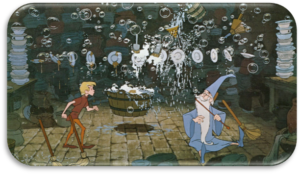 For instance, it has encouraged me to revise research methods and software studied during my undergrad and postgraduate courses but never employed it; it has broadened my knowledge around different ways of approaching known topics, making me apply research design-related skills; furthermore, it has expanded my vocabulary and impelled me to exercise my presentation and communication skills; finally, it has contributed to my academic writing which, after many rounds of marking, is far better in clarity, fluency, and synthesis.
For instance, it has encouraged me to revise research methods and software studied during my undergrad and postgraduate courses but never employed it; it has broadened my knowledge around different ways of approaching known topics, making me apply research design-related skills; furthermore, it has expanded my vocabulary and impelled me to exercise my presentation and communication skills; finally, it has contributed to my academic writing which, after many rounds of marking, is far better in clarity, fluency, and synthesis.
Surprisingly, changes have transpired at a personal level too, and I could give you various examples of that. For instance, I can see myself becoming better at multitasking, way more flexible with my own approach to learning, quicker at processing self-doubt thoughts and far more adept at moving on from impostor syndrome effects. Equally importantly, I am keener on listening to others’ perspectives and querying my own assumptions in response to that. Moreover, engaging with peers and professionals of varied expertise and experience levels has made me reflect on the richness of multidisciplinarity and teamwork skills.
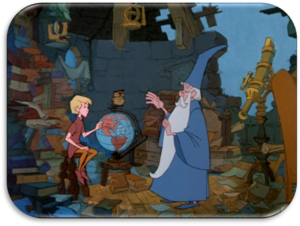 I look forward to unravelling what is it that I will now learn as a result of this challenging and fascinating experience that is promoting my personal and professional growth and that I consider worthy of all the time-management and pressure difficulties I have had to endure to fulfil my PhD duties and responsibilities. Nevertheless, make no mistake about this: teaching is continuous learning, and learning takes time and lots of energy. So, if you consider giving it a go while undertaking a PhD, ensure that you take that call after calibrating on your specific situation and considering the experience as ‘flying’. Merlin would give you this seriously underrated piece of advice: ‘never underestimating gravity, always look before you leap!’
I look forward to unravelling what is it that I will now learn as a result of this challenging and fascinating experience that is promoting my personal and professional growth and that I consider worthy of all the time-management and pressure difficulties I have had to endure to fulfil my PhD duties and responsibilities. Nevertheless, make no mistake about this: teaching is continuous learning, and learning takes time and lots of energy. So, if you consider giving it a go while undertaking a PhD, ensure that you take that call after calibrating on your specific situation and considering the experience as ‘flying’. Merlin would give you this seriously underrated piece of advice: ‘never underestimating gravity, always look before you leap!’
Author
Ester Bellavia is a Alzheimer’s Society funded, PhD candidate at Newcastle University. Currently conducting a research aiming to explore the role of Patient and Public Involvement in dementia research and explain how best to involve people living with dementia and family carers. A basketball player and fan, originally from Italy with a background in nursing both overseas and within the NHS, where she also completed an NIHR funded MA in Research Methods at the University of Nottingham.

 Print This Post
Print This Post
